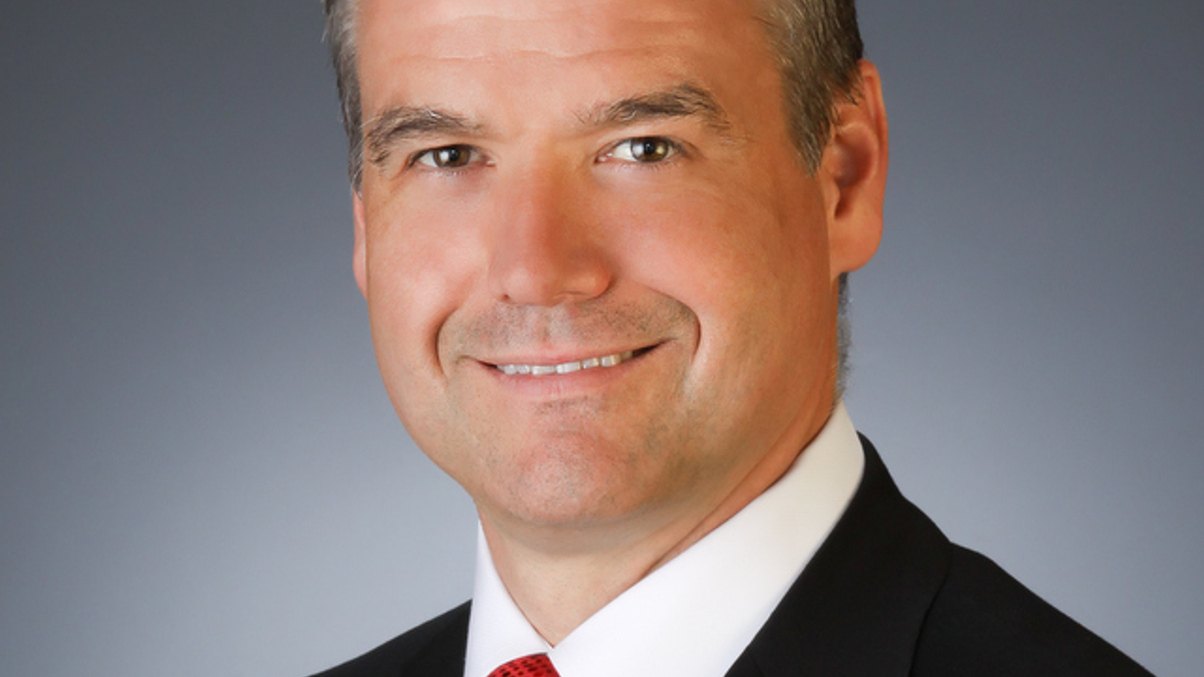UBS Global AM exec tips more QE
Now that central bankers seem comfortable with quantitative easing, there is likely to be more of it, says Curt Custard, head of global investment solutions at the Swiss firm.

With central banks continuing to dominate the headlines – and investors’ thoughts – quantitative easing (QE) looks set tighten its grip on markets, suggests a senior executive at UBS Global Asset Management.
Sign in to read on!
Registered users get 2 free articles in 30 days.
Subscribers have full unlimited access to AsianInvestor
Not signed up? New users get 2 free articles per month, plus a 7-day unlimited free trial.
¬ Haymarket Media Limited. All rights reserved.


